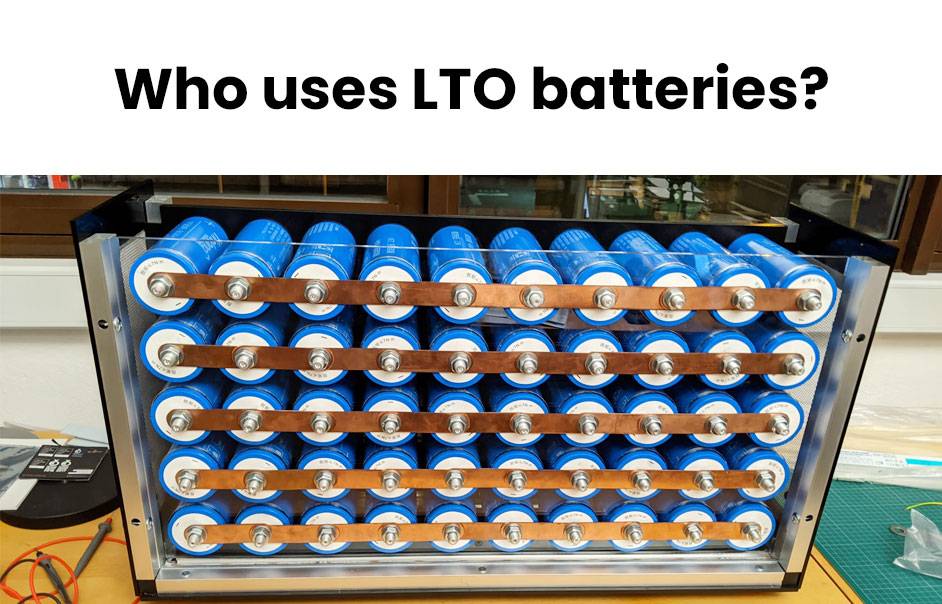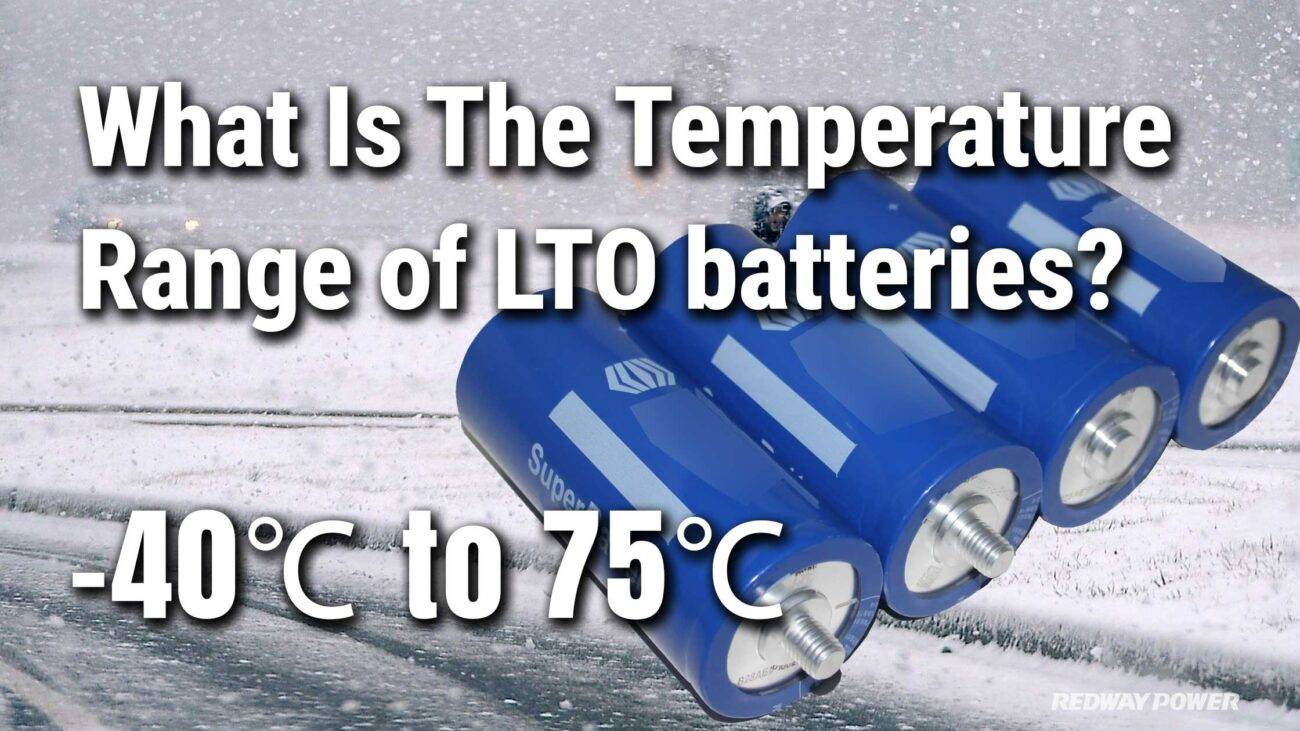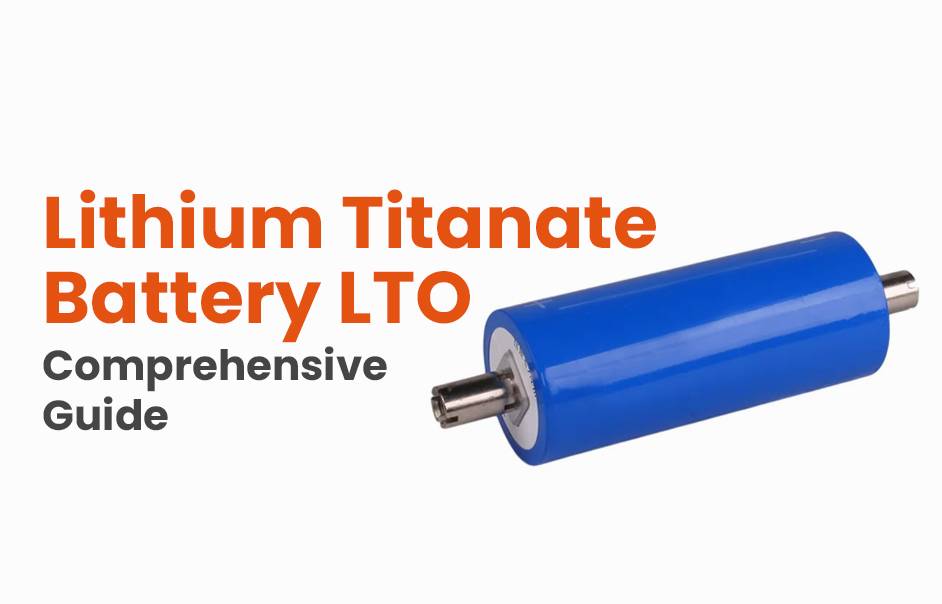- Lithium Golf Cart Battery
- Forklift Lithium Battery
-
48V
- 48V 210Ah
- 48V 300Ah
- 48V 420Ah (949 x 349 x 569 mm)
- 48V 420Ah (950 x 421 x 450 mm)
- 48V 456Ah
- 48V 460Ah (830 x 630 x 590 mm)
- 48V 460Ah (950 x 421 x 450 mm)
- 48V 460Ah (800 x 630 x 600 mm)
- 48V 460Ah (820 x 660 x 470 mm)
- 48V 500Ah
- 48V 560Ah (810 x 630 x 600 mm)
- 48V 560Ah (950 x 592 x 450 mm)
- 48V 600Ah
- 48V 630Ah
-
48V
- 12V Lithium Battery
12V 150Ah Lithium RV Battery
Bluetooth App | BCI Group 31
LiFePO4 Lithium
Discharge Temperature -20°C ~ 65°C
Fast Charger 14.6V 50A
Solar MPPT Charging - 24V Lithium Battery
- 36V Lithium Battery
- 48V Lithium Battery
-
48V LiFePO4 Battery
- 48V 50Ah
- 48V 50Ah (for Golf Carts)
- 48V 60Ah (8D)
- 48V 100Ah (8D)
- 48V 100Ah
- 48V 100Ah (Discharge 100A for Golf Carts)
- 48V 100Ah (Discharge 150A for Golf Carts)
- 48V 100Ah (Discharge 200A for Golf Carts)
- 48V 150Ah (for Golf Carts)
- 48V 160Ah (Discharge 100A for Golf Carts)
- 48V 160Ah (Discharge 160A for Golf Carts)
-
48V LiFePO4 Battery
- 60V Lithium Battery
-
60V LiFePO4 Battery
- 60V 20Ah
- 60V 30Ah
- 60V 50Ah
- 60V 50Ah (Small Size / Side Terminal)
- 60V 100Ah (for Electric Motocycle, Electric Scooter, LSV, AGV)
- 60V 100Ah (for Forklift, AGV, Electric Scooter, Sweeper)
- 60V 150Ah (E-Motocycle / E-Scooter / E-Tricycle / Tour LSV)
- 60V 200Ah (for Forklift, AGV, Electric Scooter, Sweeper)
-
60V LiFePO4 Battery
- 72V~96V Lithium Battery
- Rack-mounted Lithium Battery
- E-Bike Battery
- All-in-One Home-ESS
- Wall-mount Battery ESS
-
Home-ESS Lithium Battery PowerWall
- 24V 100Ah 2.4kWh PW24100-S PowerWall
- 48V 50Ah 2.4kWh PW4850-S PowerWall
- 48V 50Ah 2.56kWh PW5150-S PowerWall
- 48V 100Ah 5.12kWh PW51100-F PowerWall (IP65)
- 48V 100Ah 5.12kWh PW51100-S PowerWall
- 48V 100Ah 5.12kWh PW51100-H PowerWall
- 48V 200Ah 10kWh PW51200-H PowerWall
- 48V 300Ah 15kWh PW51300-H PowerWall
PowerWall 51.2V 100Ah LiFePO4 Lithium Battery
Highly popular in Asia and Eastern Europe.
CE Certification | Home-ESS -
Home-ESS Lithium Battery PowerWall
- Portable Power Stations
Who Uses LTO Batteries and Why Are They Preferred?

LTO (Lithium Titanate Oxide) batteries are increasingly used across various industries due to their unique properties, including rapid charging capabilities, long cycle life, and enhanced safety features. These batteries are particularly favored in electric vehicles, renewable energy systems, and various consumer electronics, making them a versatile choice for modern applications.
What Are LTO Batteries and Their Key Features?
LTO batteries utilize lithium titanate as the anode material, which distinguishes them from conventional lithium-ion batteries. Key features include:
- Fast Charging: LTO batteries can be charged to 80% capacity in just minutes, making them ideal for applications requiring quick turnaround times.
- Long Cycle Life: They can endure over 30,000 charge-discharge cycles without significant degradation, far exceeding the lifespan of traditional lithium-ion batteries.
- Safety: With excellent thermal stability, LTO batteries are less prone to overheating or catching fire.
- Wide Temperature Range: They operate effectively in extreme temperatures, ensuring reliability in various environments.
Which Industries Benefit from LTO Battery Technology?
LTO batteries are utilized in several key industries:
- Automotive: Primarily in electric vehicles (EVs) and hybrid electric vehicles (HEVs), where rapid charging and longevity are critical.
- Renewable Energy: Used for energy storage systems that integrate with solar and wind power, ensuring a stable energy supply.
- Telecommunications: Provide backup power solutions to maintain connectivity during outages.
- Healthcare: Power critical medical devices that require reliable and long-lasting energy sources.
How Are LTO Batteries Used in Electric Vehicles?
In the automotive sector, LTO batteries offer significant advantages:
- Rapid Charging: Their ability to charge quickly allows EVs to reduce downtime during long trips.
- Cold Weather Performance: Unlike traditional lithium-ion batteries, LTO batteries perform reliably in cold climates.
- Regenerative Braking: They efficiently store energy captured during braking, enhancing overall vehicle efficiency.
| Application | Benefits of Using LTO |
|---|---|
| Electric Buses | Fast charging and long cycle life |
| Electric Motorcycles | High power density and safety |
| Trams | Efficient energy recovery |
What Role Do LTO Batteries Play in Renewable Energy Systems?
LTO batteries are integral to renewable energy systems for several reasons:
- Energy Storage: They store excess energy generated during peak production times from solar panels or wind turbines.
- Grid Stabilization: Help balance supply and demand on the grid by providing backup energy during fluctuations.
- Off-grid Solutions: Ideal for residential or commercial setups that rely on renewable sources without grid access.
How Do LTO Batteries Compare to Other Battery Technologies?
When compared to other battery technologies like lithium-ion or lead-acid, LTO batteries stand out due to:
- Cycle Life: Significantly longer lifespan than standard lithium-ion batteries.
- Charging Speed: Much faster charging capabilities compared to traditional options.
- Safety Profile: Lower risk of thermal runaway compared to conventional lithium-ion batteries.
| Battery Type | Cycle Life | Charge Time | Safety |
|---|---|---|---|
| Lithium-Ion | 500 – 2000 cycles | Several hours | Moderate |
| Lead-Acid | 200 – 1000 cycles | Several hours | Moderate |
| Lithium Titanate (LTO) | >30,000 cycles | Minutes | High |
What Are the Advantages of Using LTO Batteries?
The advantages of using LTO batteries include:
- High Power Density: Suitable for applications requiring high bursts of power.
- Long Lifespan: Reduces long-term costs due to fewer replacements needed.
- Environmental Resilience: Performs well in extreme temperatures and conditions.
What Future Applications Are Expected for LTO Batteries?
Future applications for LTO batteries are promising:
- Micro-Mobility Solutions: As cities adopt electric scooters and bikes, the demand for fast-charging batteries will grow.
- Smart Grids: Increased use in grid storage systems as renewable energy becomes more prevalent.
- Advanced Robotics: With their lightweight and efficient characteristics, they are ideal for powering autonomous robots.
Replacement Options for Lithium-Ion Batteries
For those looking for alternatives or replacements, consider:
- Nickel-Metal Hydride (NiMH): Offers decent performance but generally has lower energy density than lithium-ion.
- Lead-Acid Batteries: More affordable but heavier and less efficient compared to lithium-ion options.
- Solid-State Batteries: Emerging technology with potential advantages in safety and energy density.
Redway Power has great solutions for enhancing performance with high-quality lithium-ion batteries tailored to specific needs.
Tips for Battery Wholesale Buyers
When sourcing batteries wholesale, consider these key points:
- Quality Assurance: Ensure manufacturers adhere to strict quality standards.
- Experience: Choose manufacturers with proven expertise in lithium battery production.
- OEM Capabilities: Look for manufacturers like Redway Power, known for their OEM services, ensuring they can meet specific design requirements.
To place an OEM order with a reliable manufacturer like Redway Power, follow these steps:
- Define your specifications clearly.
- Contact the manufacturer to discuss your needs.
- Review samples or prototypes before finalizing your order.
Redway Power Expert Views
“Lithium titanate oxide (LTO) batteries represent a significant advancement in battery technology,” states an expert from Redway Power. “Their unique properties make them suitable for a wide range of applications, particularly where safety and longevity are paramount.”
FAQ Section
- Who uses LTO batteries?
Various industries including automotive, renewable energy, telecommunications, healthcare, and consumer electronics utilize LTO batteries due to their performance characteristics. - What are the benefits of using LTO batteries?
Benefits include rapid charging capabilities, long cycle life, enhanced safety features, and effective performance under extreme temperatures. - Can any device use an LTO battery?
Not all devices can use an LTO battery; compatibility depends on the device’s design specifications.















